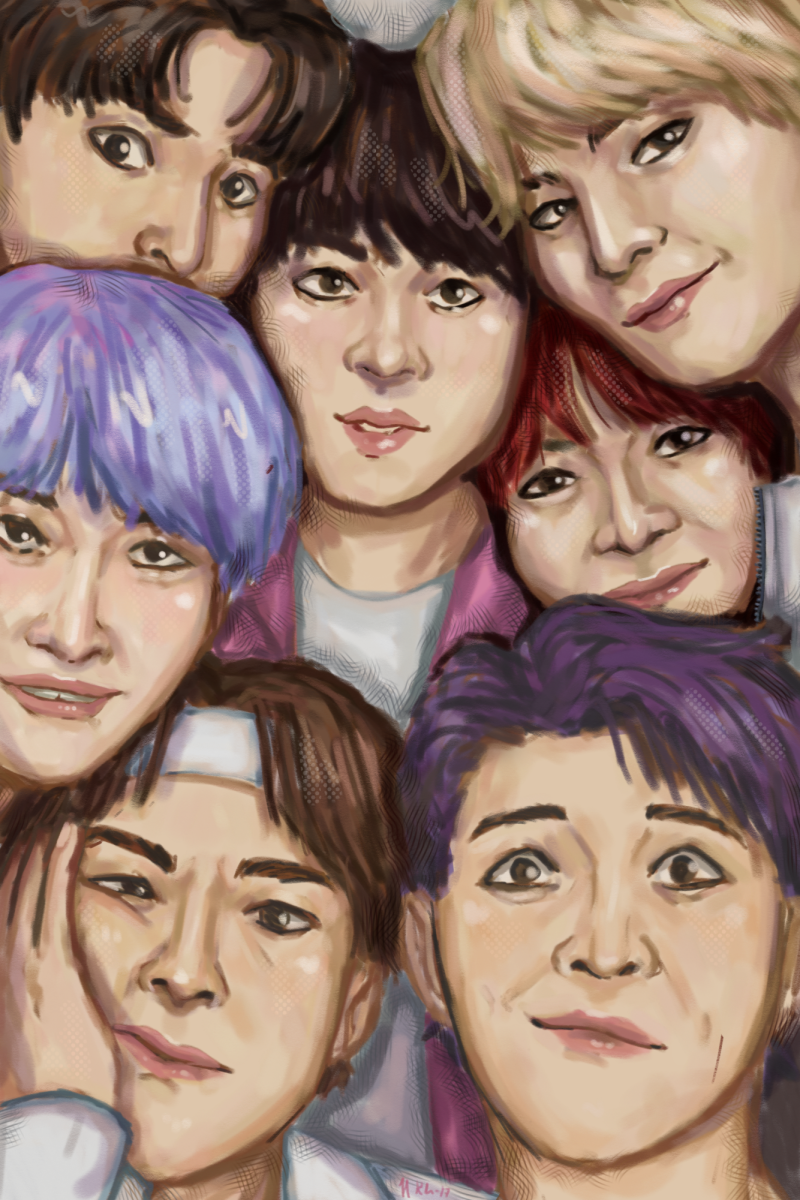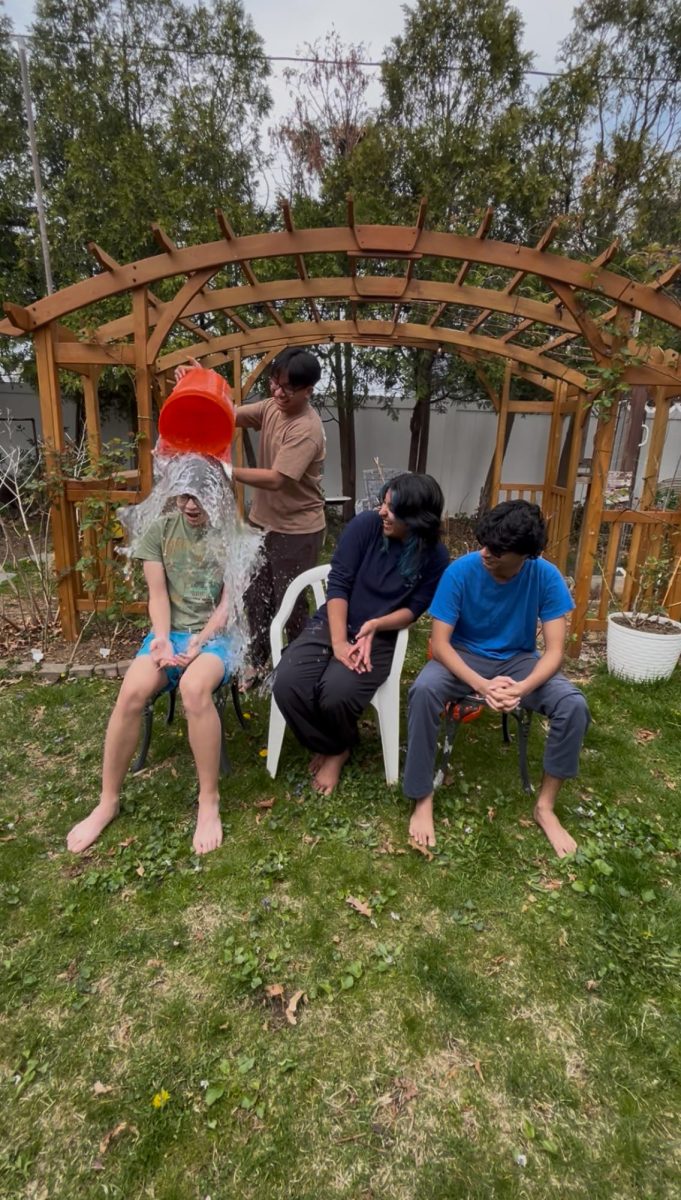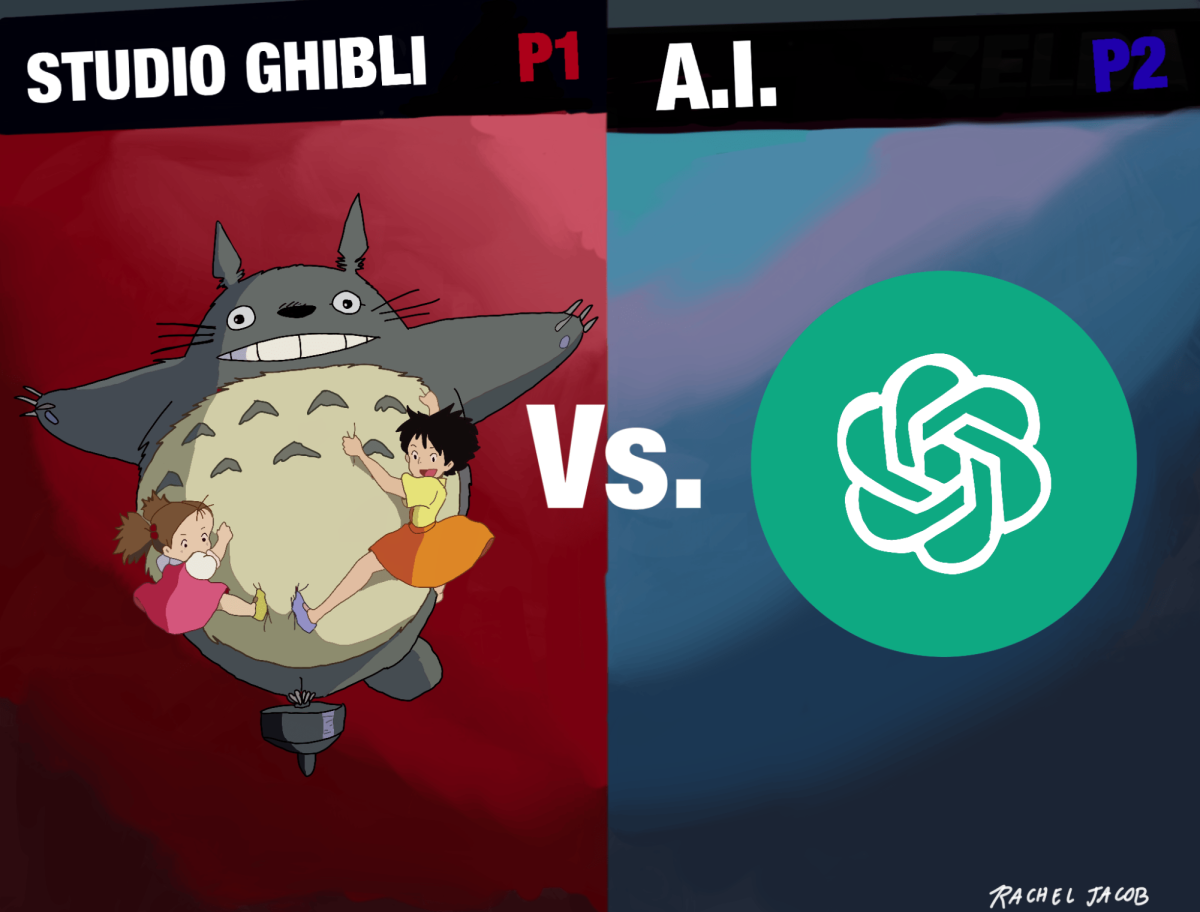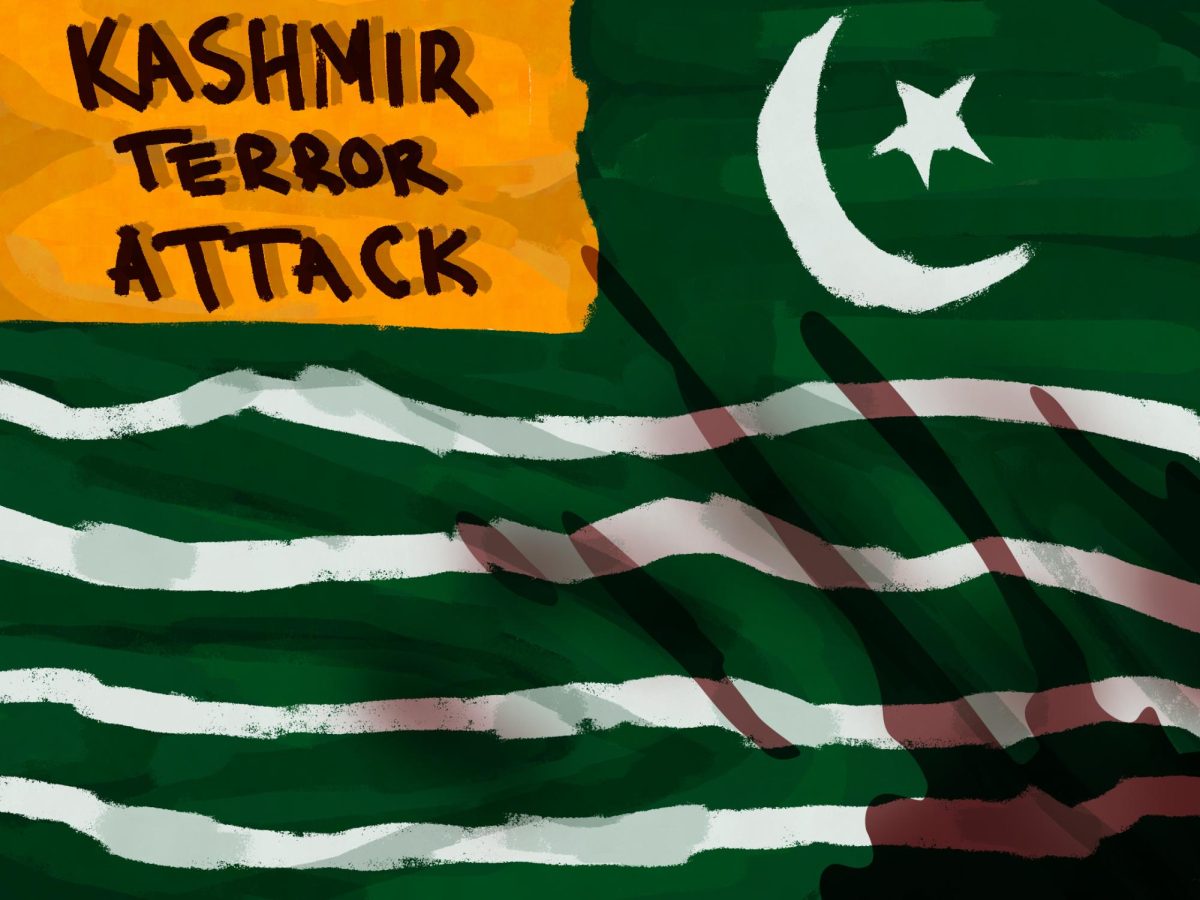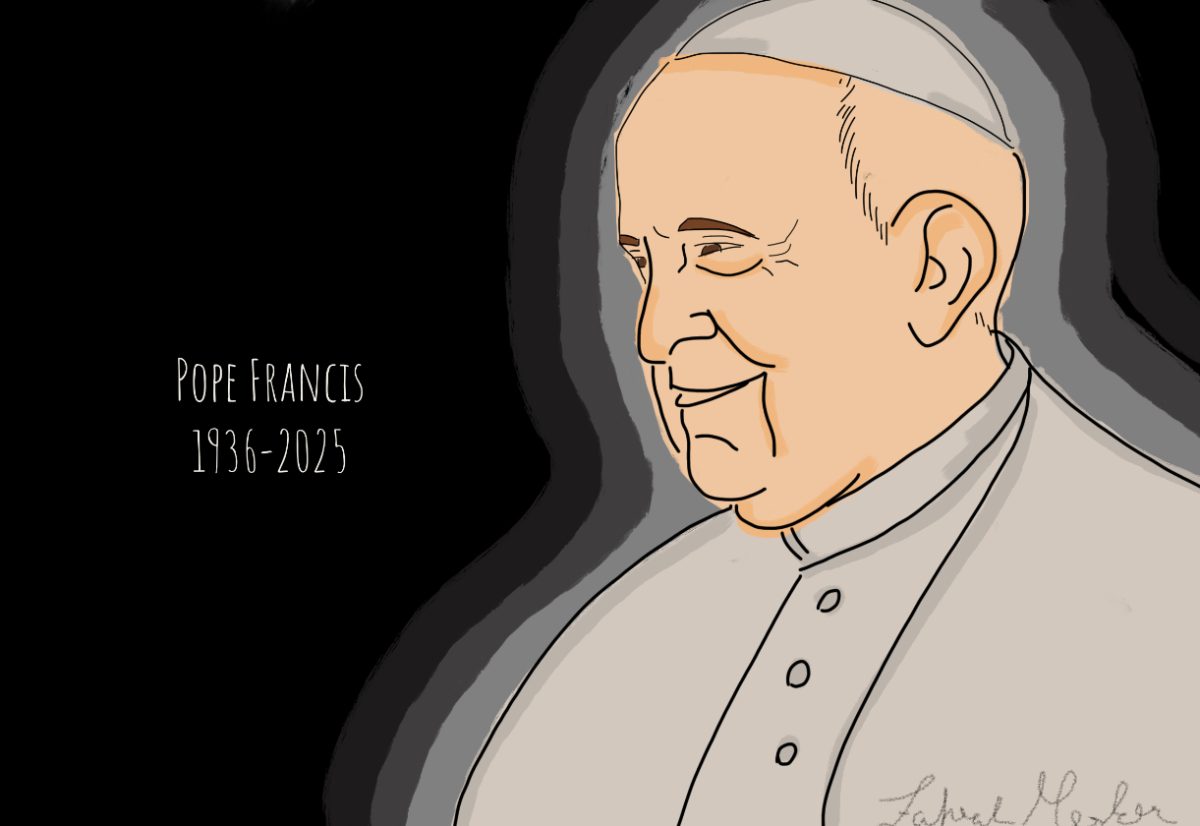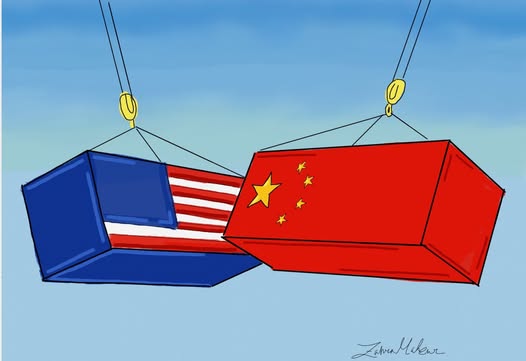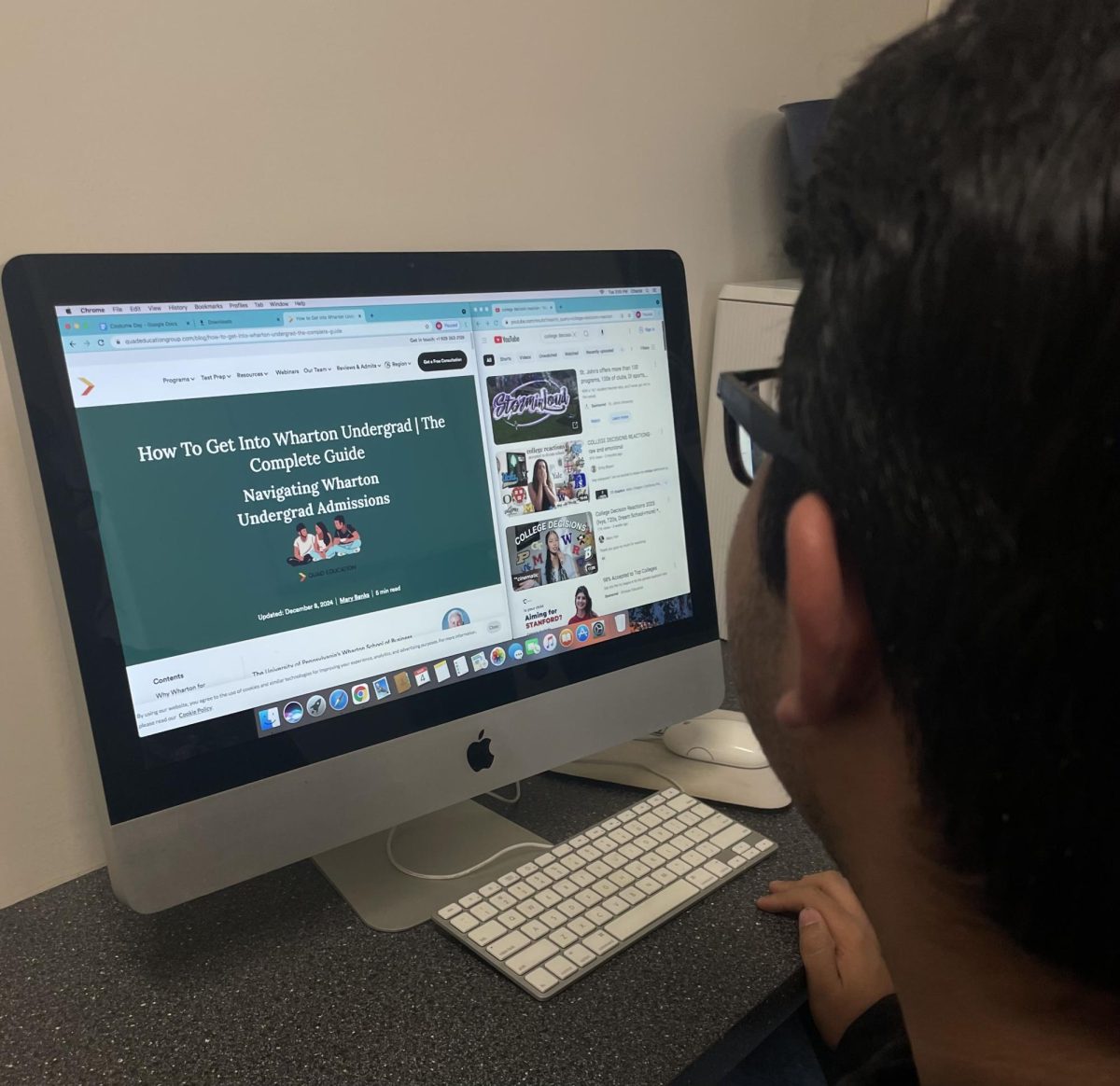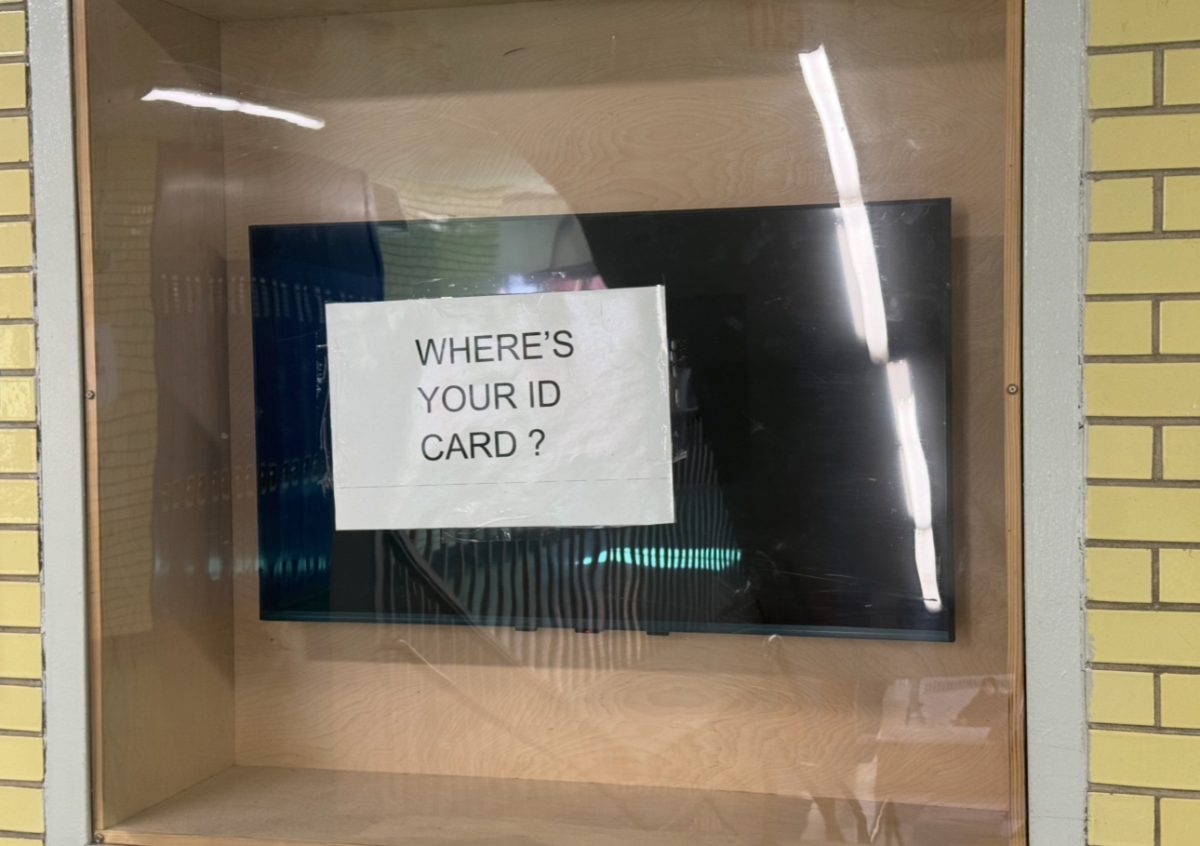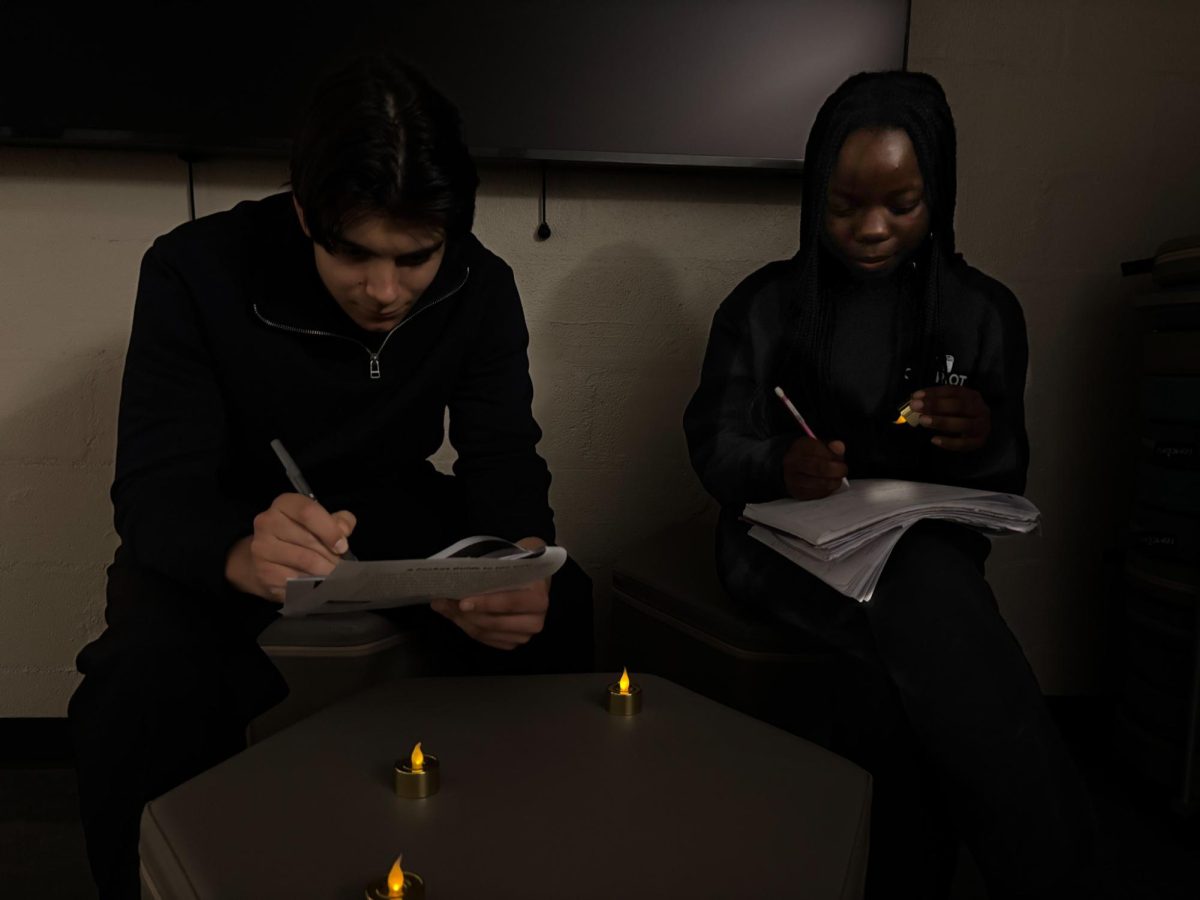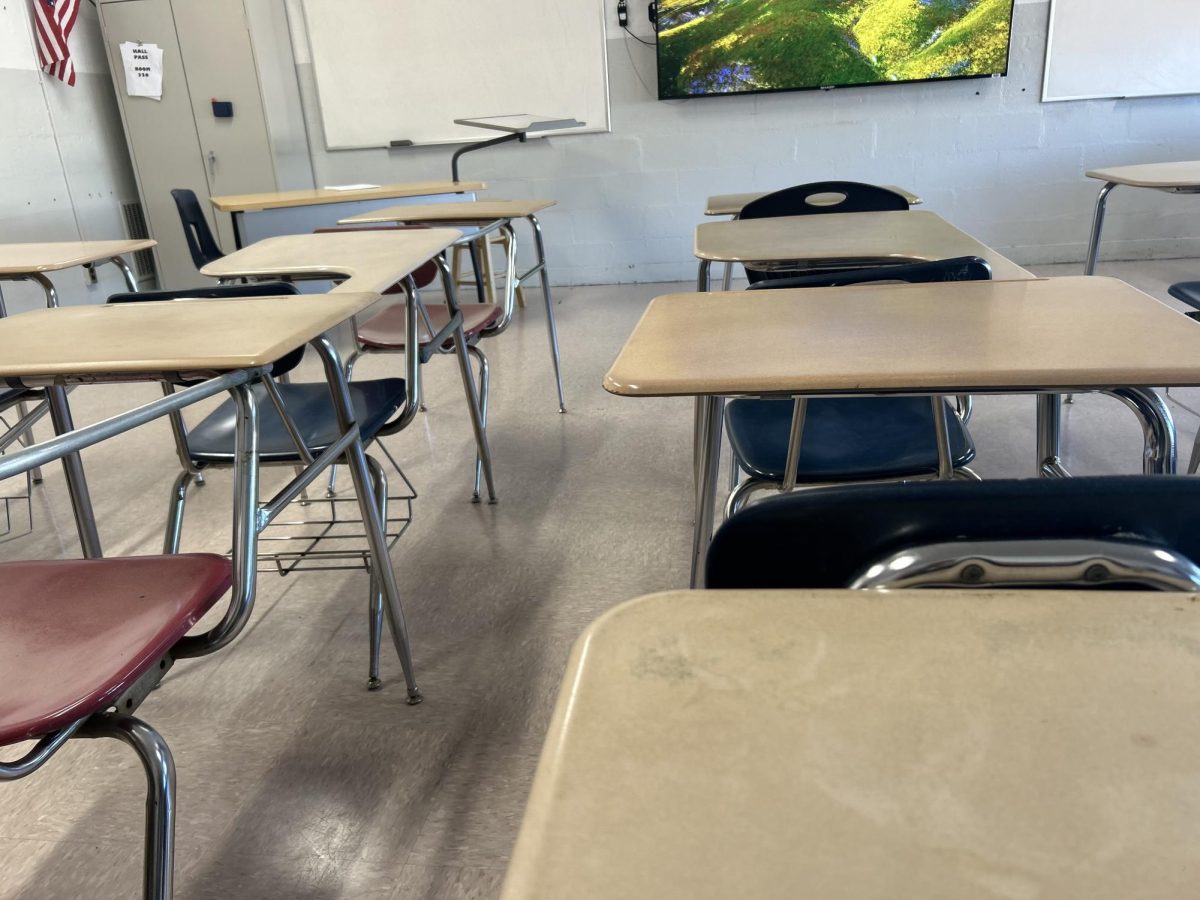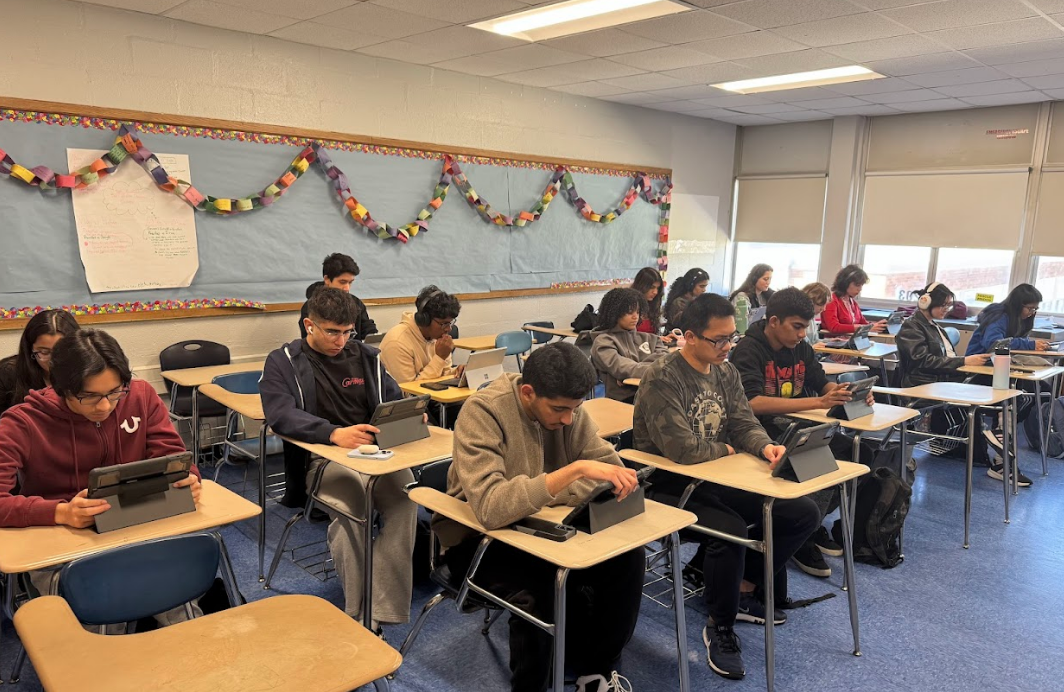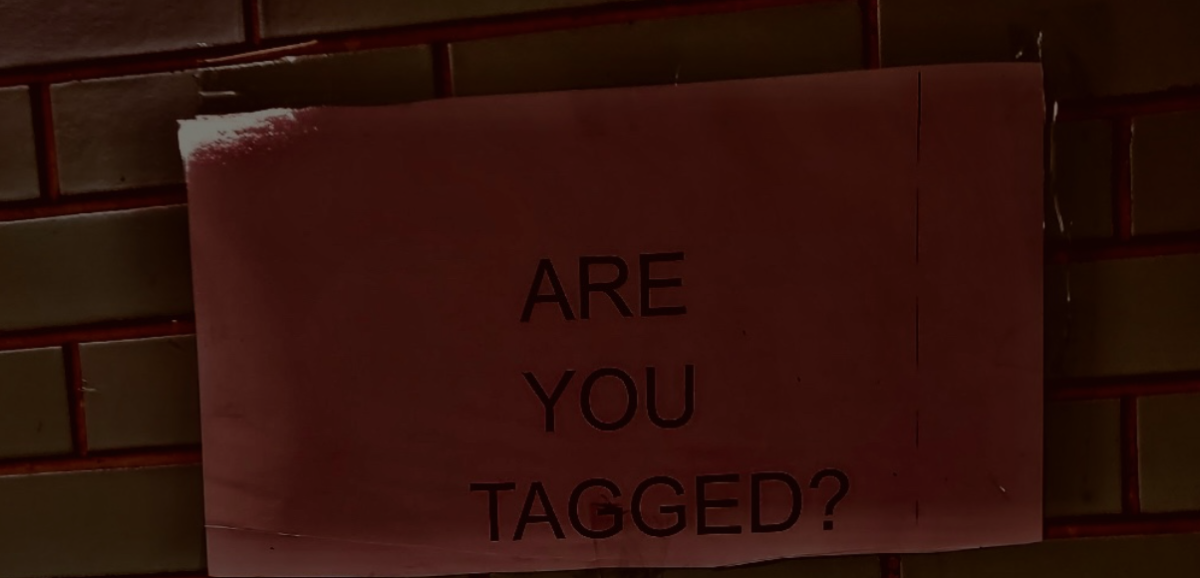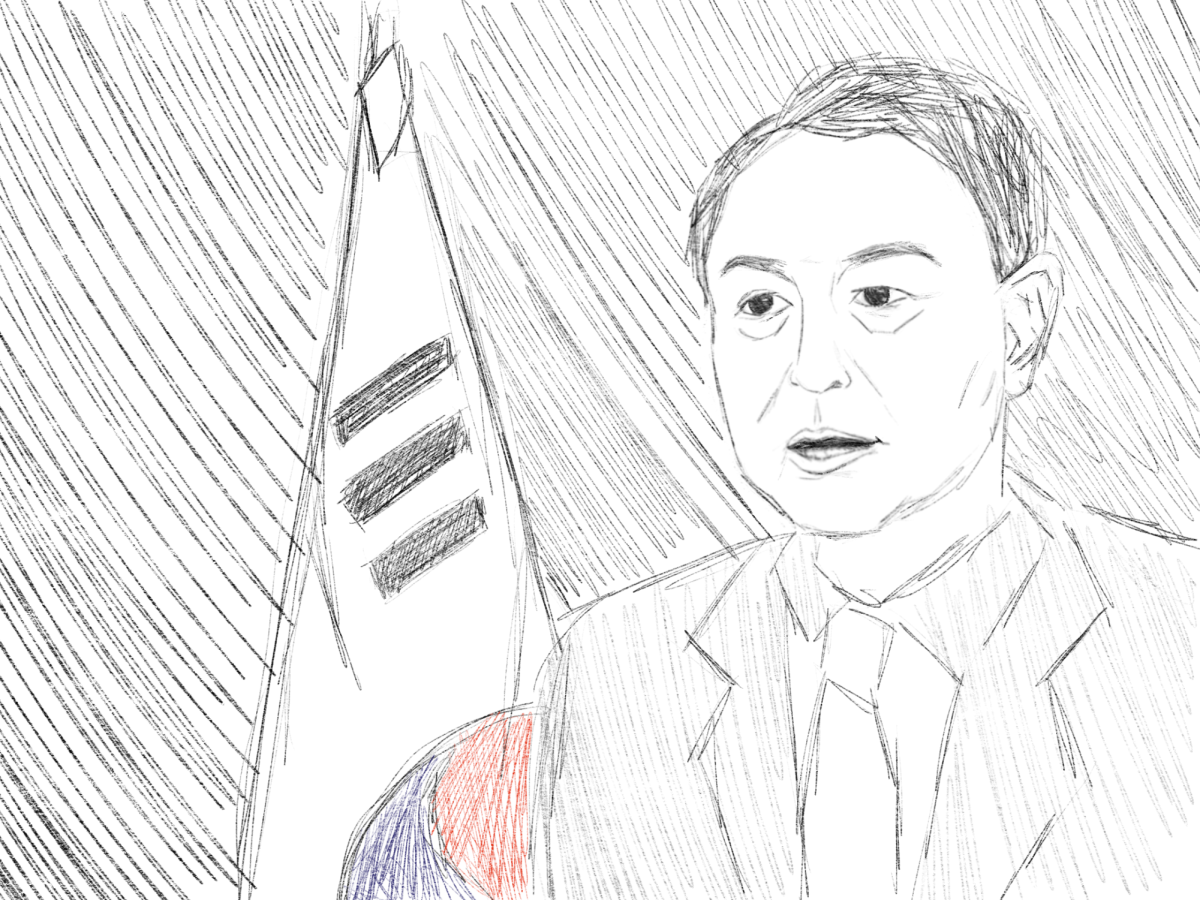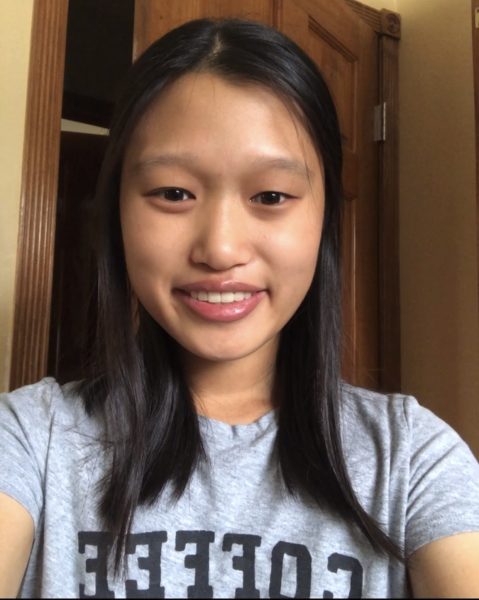President Yoon Suk Yeol declared that the country of South Korea was in a state of martial law on 10:39PM Tuesday, December 3. Hours later, at around 4:30AM, the Cabinet met to vote to overrule the president’s declaration, officially lifting the law. In the six-hour period that the law was in place, dozens of citizens flooded the streets to protest. They were met with military resistance; armed forces, army helicopters and armored vehicles surrounded the parliament.
The South Korean president is granted the power of the military to keep order in “wartime, war-like situations or other comparable national emergency states” according to the constitution. This includes the power to restrict rights such as the freedom of the press and assembly, and limits court power. However, this power can be checked by the National Assembly, where they are able to lift said declaration with a majority vote. Moreover, Yoon’s attempt to suspend parliament using military forces is a highly contested decision. Whether the president overreached in this regard is debated amongst experts.
The last time martial law was declared in South Korea was over 35 years ago. Prime Minister Choi Kyu-hah put in place martial law after President Park Chung-hee’s military coup. Park was a dictator who gained control of the country in a 1961 coup. A decade later, General Chun Doo-Han, who also seized power through a coup, extended martial law, which was later lifted in 1981. During the time that martial law was in place, thousands of Seoul university students protested in the streets and riot police responded by unleashing tear gas. In the city of Gwangju, military forces beat and killed hundreds of student protesters. This violence has been present since the first declaration of martial law in 1948. South Korea’s first president, Syngman Rhee, used the decree to kill thousands in order to suppress communist uprisings.
Just thirty minutes after Yoon’s declaration, crowds began to gather outside the National Assembly. Bus loads of riot police along with military transport helicopters and armored military vehicles entered the vicinity to hold off protestors. Protestors held up signs that proclaimed that “Martial law is invalid” along with demands such as “Yoon Suk Yeol step down!” In regards to the military forces and riot police, they chanted “Withdraw! Withdraw!”
President Yoon’s justification of the law cited an “anti-state” plot that involved opposition parties actively supporting North Korea, a long-term opponent of the nation. However, there was a lack of evidence to support this claim. Throughout his presidency, Yoon has firmly believed that enforcing the border between North and South will keep North Korea’s capital, Pyongyang, from acting on past nuclear threats against South Korea’s capital, Seoul.
“Yoon’s justification wasn’t valid. South Korea is extremely polarized, and Yoon has already been causing democratic backsliding—this is just an extension of that,” senior Daniel Zekthi said. “He provided no evidence to back up his claims that the opposition was controlled by ‘anti-state agents,’ yet his decree only strengthens North Korea, who will be opportunistic when there’s instability in their southern neighbor.”
“When you have a country that is steeped in Democratic tradition—which South Korea has been for half a century—people look at it and rely that this is a steady thing that’s never going to go away. Martial law is especially a form of dictatorship and this makes you realize that democracy is fragile and it needs to be taken care of,” AP Government teacher Mr. Galvin said. “It’s upsetting for people within the country to be thinking it can be taken away so easily, and for other countries that might look at it and other people say well, maybe democracy is a good form of government. This helps authoritarians like Kim Jong Un of North Korea and Putin in Russia to say to their people, ‘look at this, democracy stinks, they can’t even keep their act together.’ It’s really upsetting.”
Lawmakers scaled the walls of the parliament as entryways were blocked by the military. They also employed fire extinguishers in order to combat troops. With a vote of 190-0, the lawmakers unanimously agreed to lift the martial law. Eighteen of the 190 lawmakers were members of Yoon’s party, the People Power Party, as well. Regardless of party, lawmakers believed that the declaration was undemocratic.
According to National Assembly Speaker Woo Won Shik, the law was “invalid” and he assured the public that lawmakers would “protect democracy with the people.” Yoon believes that the lawmakers overstepped their power and engaged in “unscrupulous acts of legislative and budgetary manipulation that are paralyzing the functions of the state.”
Even before martial law was declared, President Yoon had a low approval rating of 19% due to his work with the economy, diplomacy as well as a handbag scandal involving First Lady Kim Keon Hee. A poll regarding his approval taken after martial law declaration showed a decline of 8 points.
To formally impeach the president, two-thirds of parliament and six of the nine-member Constitutional Court would have to agree for his removal. The leader of the People Power Party, Han Dong-hun, called for an immediate suspension of Yoon’s official duties. Opposition parties attempted to host a parliamentary vote on Saturday for his impeachment.
“I think that President Yoon should probably be impeached. In this day and age, to do this kind of act makes him seem ignorant,” senior Eunice Oh said.
“Yoon’s weak and inept attempt to remain in power as his scandals and unpopularity catch up to him is an unfortunate continuation of South Korean 21th and 20th century political trends; those being corrupt leaders and hair-trigger military coups, respectively. A crude imitation of strongmen like Rhee or Park, Yoon appeared to lack the political will or foresight to carry out his coup successfully,” junior Liam Cavanagh said. “Most likely, he will be swiftly removed from power. However, this incident not only casts down on the power delegated to a president to indepdently declare martial law, but the quality of politician that the South Korean system produces. I am skeptical of the former, but more concerned over the latter.”
Conversely, citizens that have participated in a pro-Yoon rally at Seoul’s City Hall believe that the president was justified in his declaration. They express concern over the country being “on the verge of collapsing” and that social order can be maintained through martial law.
As of December 14, Yoon has been impeached. Though members of Parliament from Yoon’s party initially boycotted the vote as the president claimed that he would shorten his term and step down from domestic and foreign affairs, public protests opposing Yoon along with his plummeting approval rating led lawmakers to vote for his impeachment. He was replaced by Prime Minister Han Duck-soo, who has served under a variety of leadership positions for South Korea in his years as a politician. As of December 27, Han has also been impeached for his “Abuse of power,” as lawmakers of the PPP have claimed. The current acting president is Choi Sang-mok who is the finance minister and deputy prime minister.
Moreover, the military’s martial law commander Park An-us and the vice-defense minister Kim Seon-ho have both resigned. Park claims that he was not an expert on martial law and that the details of the decree were unknown to him. Contrastingly, Kim stated that the responsibility for the incident “lies with [him] alone.” South Korean media reports that he proposed and urged the president to declare the emergency martial law. He may face insurrection charges as opposition lawmakers have claimed that he may attempt to flee the nation.
Though the martial law has been lifted, the public still remains deeply affected by the declaration. Protestors marched on Wednesday night for Yoon’s resignation and held a candlelight vigil. These protests also continued on Thursday. Marching in the rain, a protest leader said, “Let’s come together, as citizens and laborers, to take down Yoon!” They were joined with pro-Yoon rallies who believe that the president’s decision was just. Many members of these protests lean to the right and are pro U.S. and Christian.
“While it was frightening to see how close South Korea just got to autocratic rule, it was amazing to see the power of a like minded community when it matters, and the impact that this community can have on their situation,” senior Deborah Aderibigbe said. “Because of the protests and the louder combined voice of the people, Yoon knew he had made a mistake.”
“Obviously this is a serious issue and I applaud those who are willing to fight for their right to a democracy. Although I am not well versed in this topic, it’s clear that these protests stem from flaws found in the current democratic system. To my understanding, we can all agree that no system is perfect and we as citizens must do what we need to voice our frustrations and secure our rights,” junior Sharon Xiao said. “I hope that this issue will come to a resolution.”
“The gathering of protesters within the country shows that the Korean people still believe in the power of democracy even while the president does not represent those values himself,” senior Eliana Park said. “It was a demonstration of the way that democracy makes Korean citizens feel empowered enough to work together to overturn President Yoon’s poor decisions.”
The night of the declaration, opposition leader Lee Jae-myung called upon Koreans to assist lawmakers in entering the parliament, stating, “Please come to the National Assembly… it’s up to our citizens to protect this country. We will also risk our lives to protect the democracy of this country.” Whether the declaration of martial law was a proper decision on behalf of the president, democracy responded in the voice of the people. Ultimately, the citizens of South Korea made the final declaration: for the end of martial law and Yoon’s term as the leader of the country.


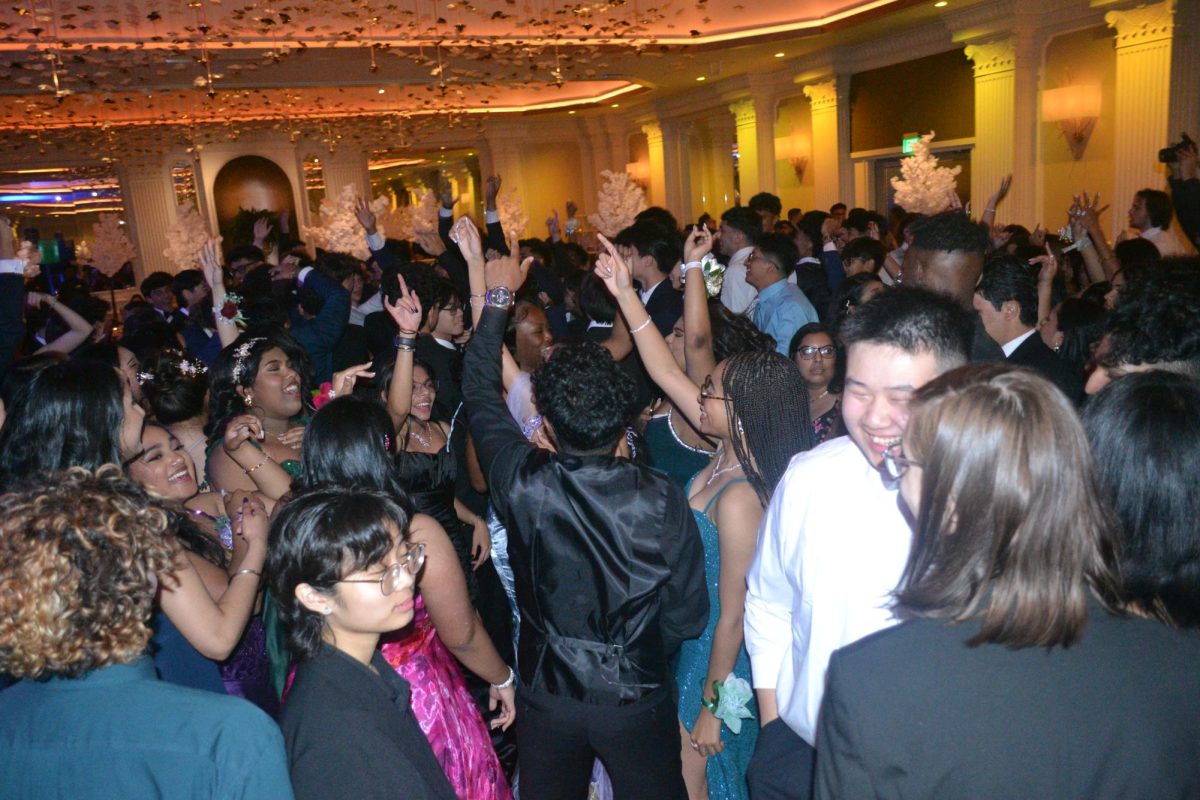

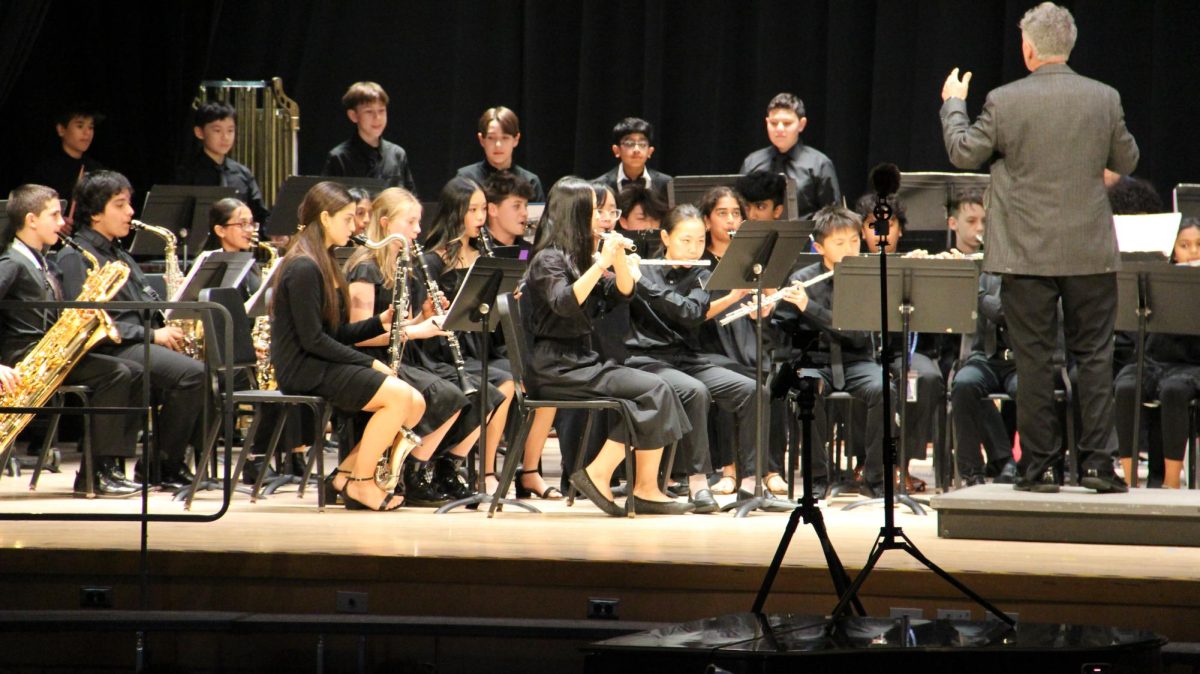





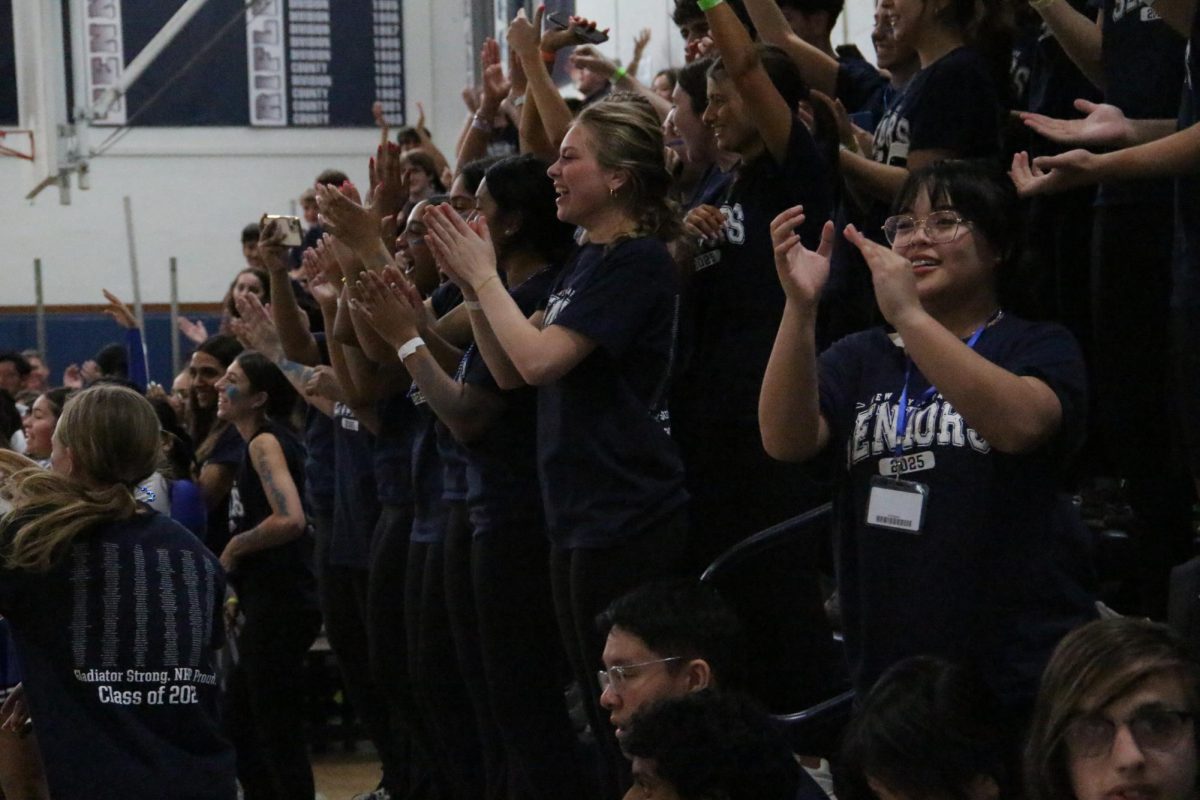

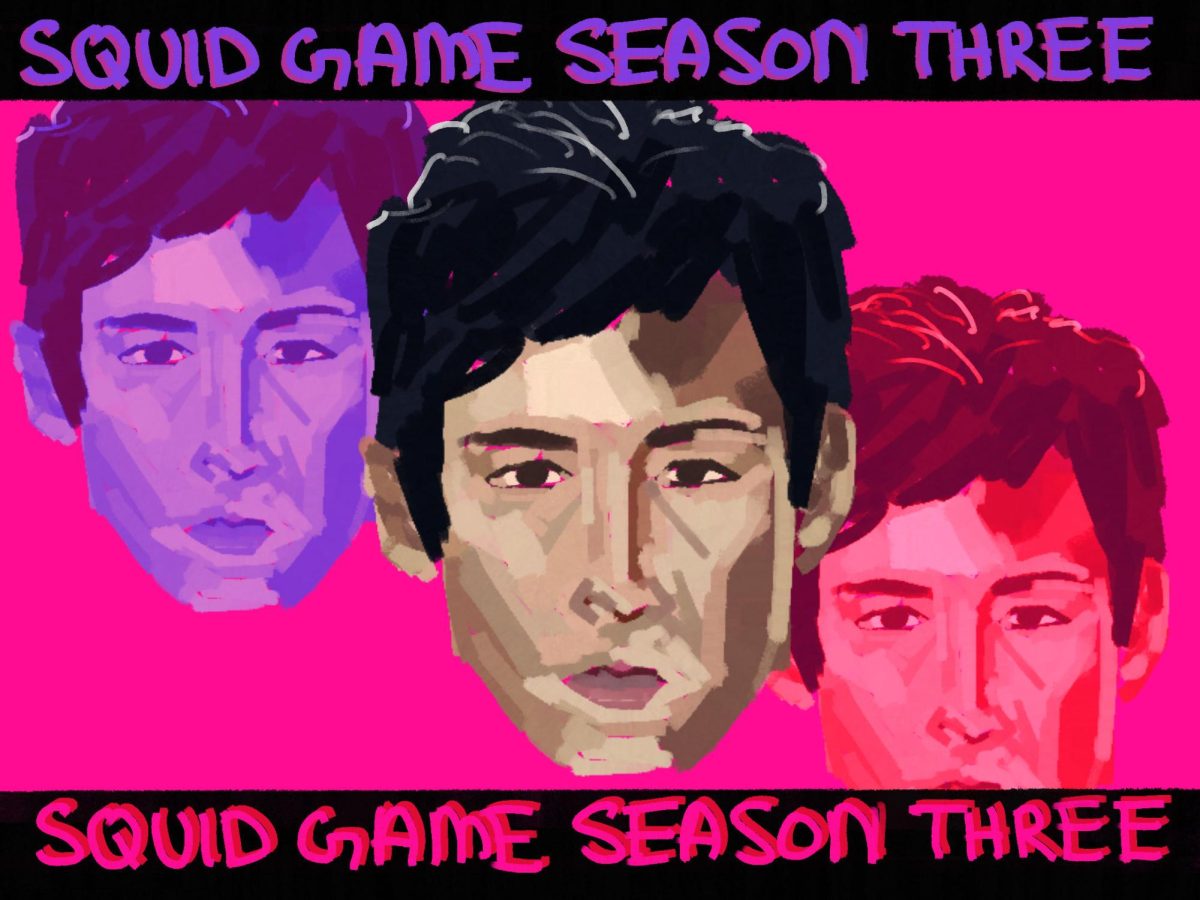
![”[Billie Eilish] truly was made to be a performer and I hope everyone has a chance to see such an amazing show,” junior Nyelle Sarreal said.](https://nhpchariotonline.com/wp-content/uploads/2025/06/IMG_1108-e1749239774437-1200x860.jpeg)

